This probably isn’t the first blog post you’ve read about AI since ChatGPT became available to the public in November. If you’re an avid reader, this probably isn’t the first post you’ve read about AI today. So for both of us, I’m going to do my best to keep it interesting and share some insights that you haven’t already read on Medium or LinkedIn or wherever else you get your AI fix.
How am I going to do this?
With an experiment.
The People vs ChatGPT
Every week, I give my marketing manager, Angela, a topic and we use that topic to create content for the week. Sometimes it starts with a podcast episode, other times we revisit an older topic, and occasionally I just send her a rambly voice memo in Slack and she figures out what to do from there. A few weeks ago, I decided to do the same with ChatGPT. I gave ChatGPT a topic and asked it to write my content for the week. I then shared that content with my audience, just as if it were a normal week. I compared email open rates, podcast downloads, and other standard metrics between my experimental content and my normal content in an attempt to answer the question: do we still need copywriters in the age of ChatGPT?
Here’s what I learned:
Lesson #1: We can’t replace copywriters with AI if we don’t trust AI
I struggled to pick a content topic for this project. The parameters I outlined to try and give the experiment some hope at validity meant that I couldn’t jump in and make a bunch of edits if ChatGPT didn’t understand the direction I wanted to take the topic. Because a lot of my content has to do with the nuances of ethical marketing and running a trauma-informed business, I feel that a lot of my content has a unique perspective that isn’t easy to find in other places online. I didn’t trust ChatGPT to take on a more personal or risky topic, so I chose something rather generic to lower the risk of creating content that didn’t align with my values. This may have been acceptable for just one week, but if I relied on ChatGPT to create more of my content, I would either need to learn to trust it or accept that my content would be more generic moving forward.
Lesson #2: We can’t say anything new if we don’t create anything new
ChatGPT and AI in general are masters of repurposing. They scour their knowledge database (at what I can only imagine is lightning speed) to gather as much information as possible to answer your question, create your content, or do whatever else you asked in your prompt. If we completely replace copywriters with ChatGPT, we run the risk of creating a content echo chamber where every blog post, email, or website page is just an AI rewrite of something that already exists. If this is your approach to copywriting already, maybe you should be worried, but if you look at each writing project as an opportunity to create, explore, and say something new – I think your job is safe.
Lesson #3: AI’s output is limited by the quality of the input
If you asked 100 people to open a fresh chat in ChatGPT and enter an identical prompt, you would likely get 100 similar to identical responses. While I didn’t test this theory with 100 strangers, I did test it on three different levels of marketers when I ran my experiment. In addition to asking ChatGPT to create a week of content myself, I also had Angela, a team member who has been with me and writing my content for 2 years, and Jenny, a new friend who knows little about marketing (and even less about me!) run through the same content topic with ChatGPT.
I break down the exact similarities and differences between all three sets of content in this case study, but essentially, the less experience someone had with marketing and knowing what I wanted out of the content, the worse of a job ChatGPT did creating content for them. This shows that, even when AI can create high-quality content, it still requires a considerable amount of time, strategy, and skill to get the prompt right, and then more editing on top of that to create a worthwhile end product. Someone has to do that editing and strategy, and I believe that soon this will be a key aspect of any copywriting or marketing role.
So, why do you still need a copywriter in the age of ChatGPT?
Because AI isn’t going anywhere, copywriters are the ones learning how to use ChatGPT and other AI tools to write quality content with greater efficiency. The kind of content that “anyone” can “easily” create with ChatGPT today is pretty generic, and choosing to cut costs by relying exclusively on AI writing tools is doubling down on a generic online presence. Copywriters are using AI to brainstorm, generate ideas, outline content, and get the ball rolling so they have more time to dedicate to wordsmithing and being creative. Instead of replacing your copywriter with AI, or shrinking your copywriting budget because “anyone” can do it – do what the copywriters are doing and learn how AI can help you find more time to be creative and do what it can’t do (at least not yet anyway).
If you enjoyed reading this post but thought it wasn’t nerdy enough, I highly suggest you head over to my website and download the case study The People vs. Chat GPT: Analyzing the impact of AI on content creation processes and outcomes. Inside I break down the details of my chat gpt experiment, share the prompts I used to get good results (and not-so-good results), and dive deeper into the role that AI can play in marketing your business.
Photo by Julia M Cameron: https://www.pexels.com/photo/person-writing-on-notebook-4144923/







